Book review: The Purple Violet of Oshaantu by Neshani Andreas
Synopsis:
Mee Ali has good reason to be thankful; she has is happy marriage. For some in her village, marriage turns out to be a loveless entrapment. Young Kauna defies convention by making no secret of her suffering at the hands of her abusive husband. When he is found dead at home, the villagers are quick to suspect her of poisoning or witchcraft.
Related from the point of view of her best friend, Kauna’s story reveals the value of friendship between all kinds of women. Moreover, it exposes the difference between relationships based on traditional beliefs and those drawing their strength from liking, respect and love.
Publisher: Heinemann
Pages: 181
Author Country: Namibia
Review: I’ll start by saying that I really liked this book. I enjoyed reading every sentence, even though the theme itself broke my heart. It’s well written in a prose that flows and sucks you into the story without you noticing it. I could smell the wood burning in a cooking fire, feel the warmth of the sun on my bones and feel the coolness that lies inside a hut on a hot day. With very few words, Neshani is able to pull you into this world she has created and keep you there, to the extent that when I looked up from my book (which I read on the bus) I would be surprised to find myself surrounded by white people.
This is a very touching book about the friendship of two women, and what it means to have a friends in an environment populated mostly by women when times around you are changing. How internalised misogyny still rules women even when the men are not present everyday to enforce societal norms. What happens when people refuse to let the roles that society has prescribed for them swallow them up in the name of keeping tradition alive, on both sides of gender “norms”. And this applies everywhere because many of these issues are prevalent throughout the world in many guises, if you can find the common thread within your own society.
When, in a conversation within the book, one character describes a good man as not beating his wife, not going after other women and “loves his kids” I wept a bit inside. This is the standard to which many people, both men and women, hold of fathers. Many of these views are sprinkled subtly through the book that make you have to stop and regain your balance.
And yet it’s not all gloom and doom. The courage and strength of women shines through. Their resilience, their yearning for change and search for justice. The power that Older women hold that can be used as a source of good and change. I was fist pumping at one stage like “yeah!”.
The second theme was that of marriage.
“I have see women who have died in this thing called marriage“, one of the characters says.
And how true is this. Either physically, or emotionally, marriage takes its toll on all of us. But it’s made harder in the patriarchial society that the main characters find themselves in, and where a lot of the old style of marriage, where leaving was close to social suicide, where a good husband was a rare thing. Still is for many, many women in all societies around the world. It really asks you the question of what you expect from a lifelong contract you sign with a person you know sometimes, only for a few short years. How we deal with it when it doesn’t work and how we find support. Most especially it deals with the constant accusations that come in rural societies when a husband dies, and the relatives are not good people. How do we care for the most vulnerable in our societies and what does it say of our societies as a whole when noone has the courage to step in.
Would I recommend it: Yes, wholeheartedly. I can see why Heinemann educational press would publish this and I wish it were made reading in literature classes throughout southern Africa, where these themes thread through all our societies, both modern and rural. Bump out one of the 1950s west African writers off the literature reading lists in Zambia and replace it with this and have a good thorough read with all teenagers.
I hope it’s at least on the Namibian book list for schools as it’s such an insightful, contemporary read.
Read it, recommend it, muse over it. Neshani Andreas (1964 – May 2011), your writing will be missed.
Now, I’ve a little link here to where I bought the book on bookdepository.com and this is an affiliate link, meaning if you follow the link and you buy a book, I’ll get 5% off the price of my next purchase, so give me some love if you do buy a book from them. Free worldwide shipping too.





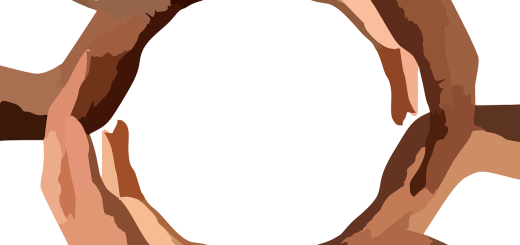
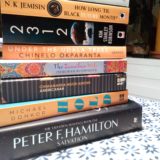
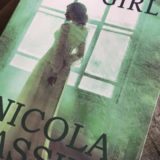




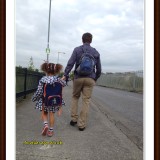
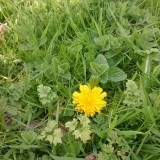

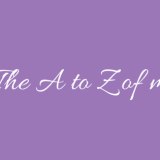


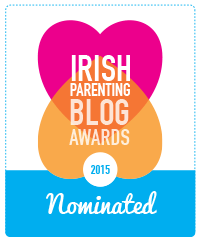

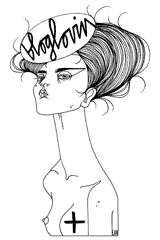
Recent Comments